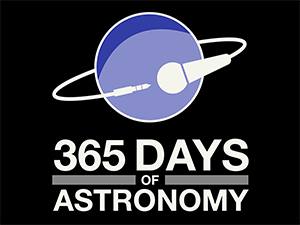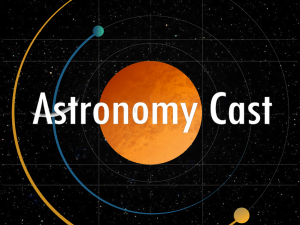
Life on Earth does actually help inform our understanding of Mars. Researchers study ancient microbes to try and understand what could exist in the cold waters of icy moons and in the history of formerly wet worlds like Mars.
And they aren’t using fossils.
Modern-day rhodopsins are the descendants of some of the most ancient lifeforms on Earth, and by looking at the genetics of rhodopsins, researchers can tease out the genetics of their ancestors. As described by researcher Edward Schwieterman: It’s like taking the DNA of many grandchildren to reproduce the DNA of their grandparents. Only, it’s not grandparents, but tiny things that lived billions of years ago, all over the world.
In a new paper in Molecular Biology and Evolution, researchers led by Cathryn Sephus detail how different kinds of life used different colors of sunlight to generate energy, allowing them to coexist in the same niche in the environment. Schwieterman adds: This suggests co-evolution, in that one group of organisms is exploiting light not absorbed by the other.
And because we have the ability to assemble tiny life from scratch, folks are now looking to recreate those grandparent lifeforms. According to Kacar: We engineer the ancient DNA inside modern genomes and reprogram the bugs to behave how we believe they did millions of years ago. Rhodopsin is a great candidate for laboratory time-travel studies.
This research has a lot of ethical issues and really seems like a solid target for science fiction writers. This is your reminder that all because science can do something, we need to ask ourselves should we.
More Information
UCR press release
“Earliest Photic Zone Niches Probed by Ancestral Microbial Rhodopsins,” Cathryn D. Sephus et al., 2022 May 7, Molecular Biology and Evolution



